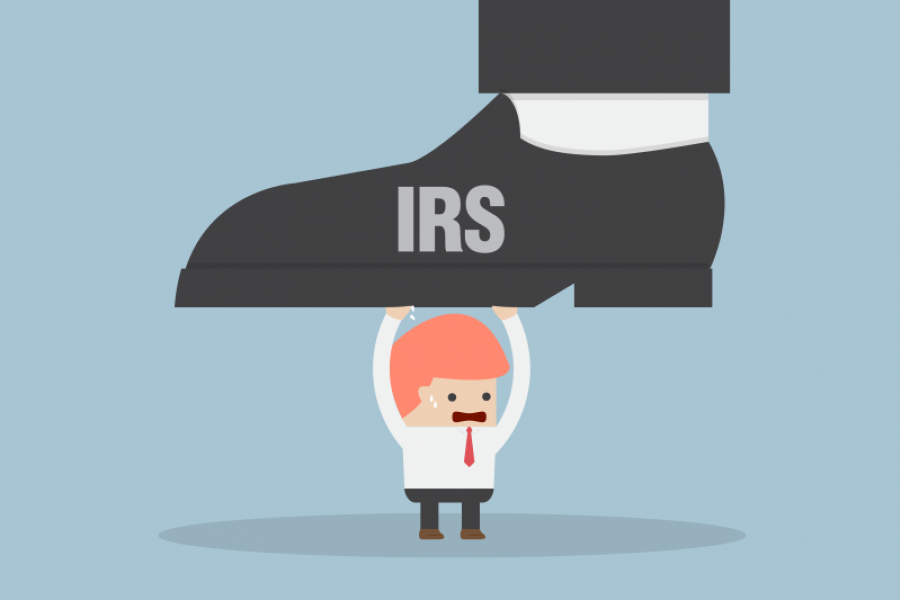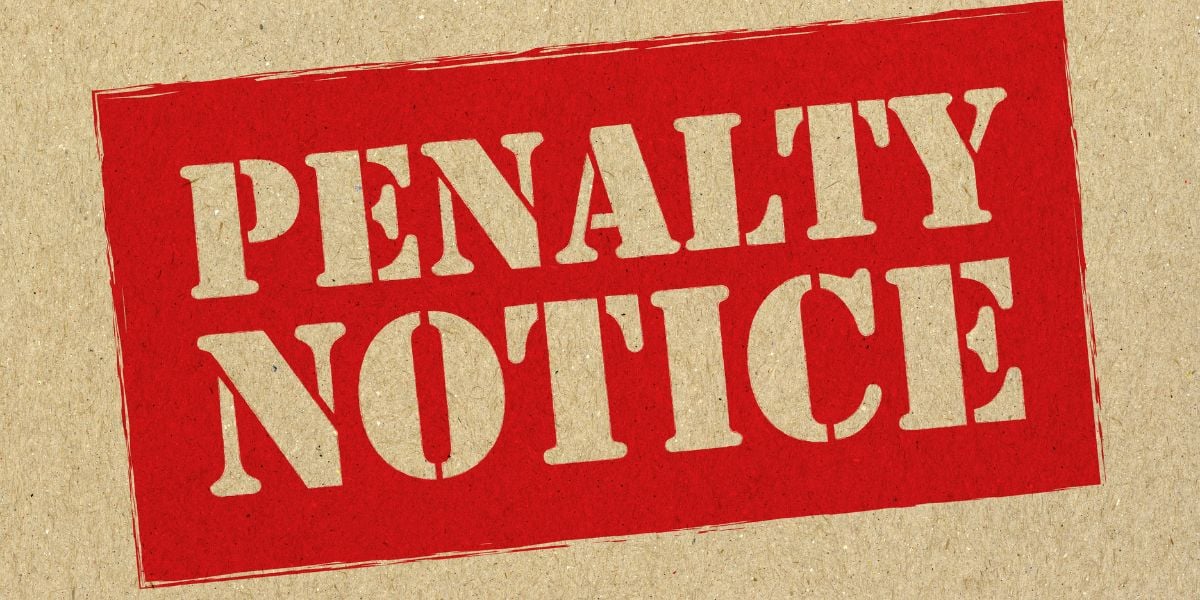Life is full of penalties.
If you do not pay your tax due on time, you pay a penalty. If you do not file your tax return on time, you pay a penalty. If you do pay your mortgage late, you pay a penalty. If you miss a credit card payment, you pay a penalty.
A penalty is essentially a punishment for breaking a law, rule, or contract. Understanding Tax Penalties will help you be prepared for what’s to come every tax season!

In terms of the US Internal Revenue Service (IRS), what are the common tax penalties and fees?
Per the IRS, these are some penalties the IRS send notices and letters about:
- Information Return applies to taxpayers who do not file or furnish their required information return or payee statement correctly by the due date.
- Failure to File applies when you do not file your tax return by the due date.
- Failure to Pay applies when you do not pay the tax you owe by the due date.
- Accuracy-Related applies when you do not claim all your income or when you claim deductions or credits for which you do not qualify.
- Erroneous Claim for Refund or Credit Penalty applies when you submit a claim for refund or credit of income tax for an excessive amount and reasonable cause does not apply.
- Failure to Deposit applies when you do not pay employment taxes accurately or on time.
- Tax Preparer Penalties apply to tax return preparers who engage in misconduct.
- Dishonored Checks applies when your bank does not honor your check or other form of payment.
- Underpayment of Estimated Tax by Corporations applies when you do not pay estimated tax accurately or on time for a corporation.
- Underpayment of Estimated Tax by Individuals applies when you do not pay estimated tax accurately or on time as an individual.
- International Information Reporting applies to certain taxpayers who fail to timely and correctly report foreign sourced financial activity.
How do you avoid a tax penalty?
The best way to avoid any penalties is to calendar due dates.
Give ample time to complete a deadline and pay taxes, or file your tax return so you avoid any penalty. A tax penalty is unnecessary for any individual or business and can certainly be avoided. But, it takes discipline and proper planning to prevent penalties from occurring.
If you cannot file your tax return by the original due date, make sure to file an extension. Remember, doing so will prevent late filing penalty BUT any tax due needs to be paid by the original tax deadline and generally it is every March 15th for S Corps and Partnerships and April 15th for individuals and C Corps. Otherwise, one interest and penalties are assessed.
Can assessed penalties be forgiven?
Sometimes, you can get lucky if you call your credit card company or lender to waive or forgive assessed penalties. The same type of penalty waiver exists with the IRS, it is called a first time penalty abatement – It is for those taxpayers who have good standing with the IRS in terms of timely filing tax returns and timely payment of tax due. A first time penalty abatement letter is submitted by the taxpayer and/or the accountant on behalf to the taxpayer.
Some tax penalties can also be removed if the taxpayer acts in good faith and has a reasonable cause that they can show why the taxpayer was not able to comply with the filing rules and fulfill his or her tax obligations. The IRS, by law will not remove any interest unless penalty is removed completely or reduced.
Please refer to this link https://www.irs.gov/payments/penalty-relief that discusses penalty relief.
How do you dispute a penalty?
There are times when a taxpayer disagrees with the penalty that is assessed and it is certainly ok to dispute them. How do you dispute?
- First, you will want to call the IRS on the number that is on your IRS notice
- Second, have the notice handy and;
- Third, provide the reason why you feel the penalty is unfair or is incorrect when you request for a removal.
The penalty can be removed during the call and sometimes, you must file for penalty relief in writing and the IRS agent will guide you on what form to fill out and send.
It is usually the Form 843, Claim for Refund and Request for Abatement. If your penalty abatement request is denied, you can go through the penalty appeal process.
Yes life can be full of penalties, but we have the capability to prevent, avoid or dispute these penalties. Bottomline is, prevention is better than cure.
Prevent penalties by being organized and by being on top of your tax filing and tax payment obligations.
You can sleep better at night too.
Follow us on Instagram (@maslertax) and Facebook (Masler & Associates, Inc.) for more tax tips. Our goal is for you to keep more of what you make.

Sharon Masler is the Managing Partner of Masler & Associates, Inc. She has 25 years in finance and accounting. Her background includes planning and performing audits, reviews and compilations of financial statements, primarily for medium-size, privately-held companies in manufacturing and distribution industries.




